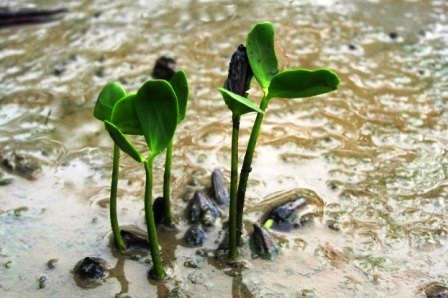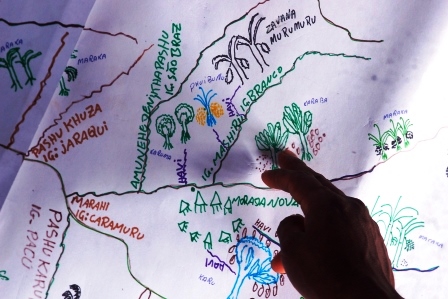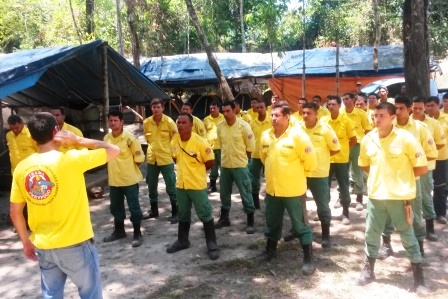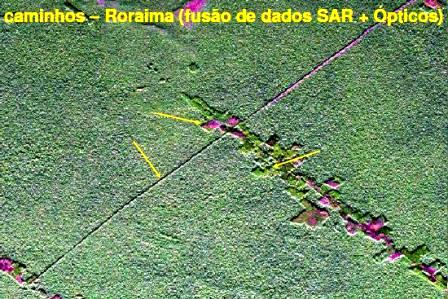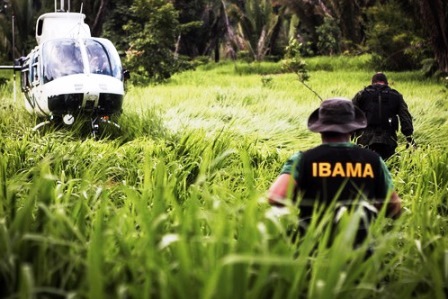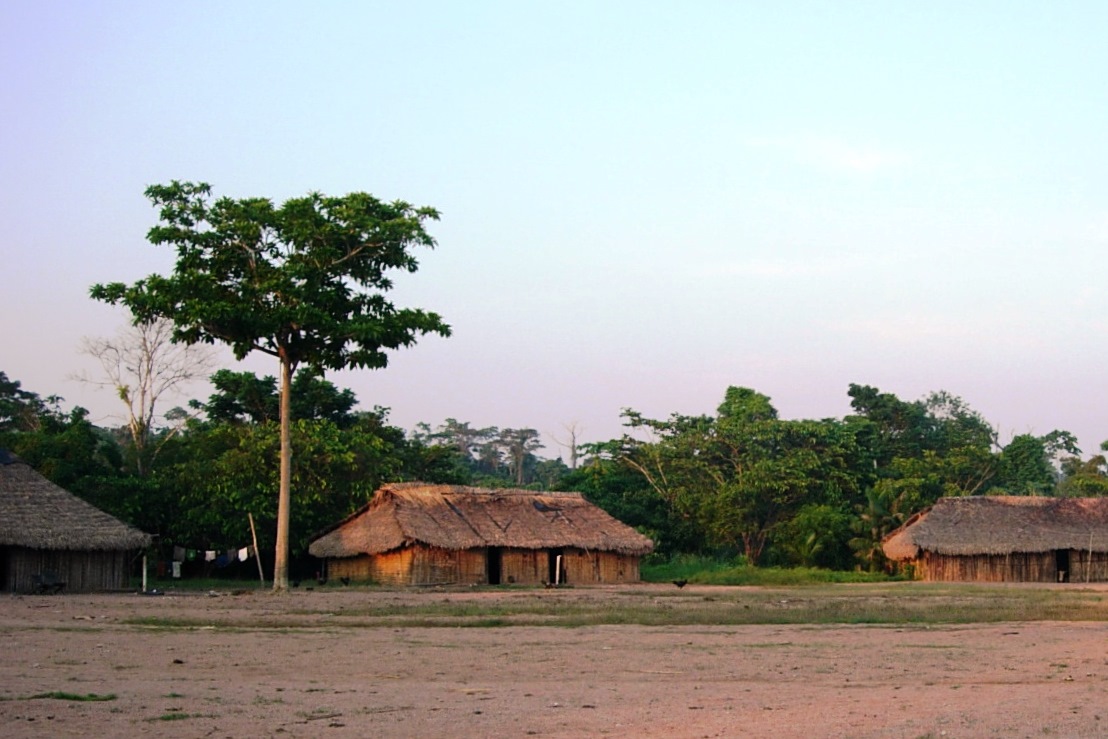CONTEXTUALIZATION
Access to quality water remains a significant challenge for low-income families in the Amazon region, particularly for traditional communities. Increasing water scarcity in the region, driven by climate change, has had a profound impact on these populations. Moreover, the contamination of various water sources due to illegal mining, pesticide use, and improper waste disposal—combined with the widespread lack of basic sanitation—poses a high risk of food contamination and the spread of water- and foodborne diseases. This lack of access to clean water also affects agricultural production and livestock farming, limiting the availability of fresh and nutritious food. As a result, local food security and income generation are compromised, often forcing communities to resort to unsustainable and predatory practices for survival.
In this context, the present project—funded by the Amazon Fund and drawing on the expertise and models developed under the Cistern Program—aims to provide access to quality water for 3,690 families living in extractive territories in the states of Acre, Amapá, Amazonas, Pará, and Rondônia. The goal is to ensure water access for both human consumption and food production through the implementation of social technologies in vulnerable extractive communities that are particularly susceptible to the impacts of climate change in the Amazon.
This project is part of Public Call MDS No. 12/2024, which seeks to select institutions eligible to receive support from the Amazon Fund for the implementation of social technologies that ensure access to quality water for human consumption, food production, and family support services aimed at promoting social and productive inclusion in the Legal Amazon macro-region. Specifically, the initiative targets federal Sustainable Use Conservation Units (UCs) under the categories of Extractive Reserves (RESEX), National Forests (FLONA), quilombola communities, and agro-extractive settlement projects, in accordance with the purpose, rules, and guidelines of the Amazon Fund.
THE PROJECT
The project envisions the implementation of social technologies for water access in vulnerable extractive communities in the Amazon that are susceptible to climate change. In addition, through training activities and both individual and collective support, the project will also promote social and productive inclusion and income generation for these families by enabling the development of sustainable productive activities, thereby contributing to the strengthening of sociobiodiversity value chains.
The project is structured around four main components:
Component 1: Implementation of Social Technologies for Water Access
- Selection and contracting of implementing organizations previously accredited under the MDS Cistern Program to carry out the installation of social technologies;
- Installation of 3,690 social water access technologies in the states of Acre (AC), Amapá (AP), Amazonas (AM), Pará (PA), and Rondônia (RO).
Component 2: Monitoring and Training
- Delivery of five training sessions for the implementing organizations;
- Monitoring, inspection, and evaluation of the implementation of the social technologies.
Component 3: Communication
- Production of content and materials to promote community engagement and training, including videos, booklets, brochures, banners, and t-shirts.
Component 4: Project Management
- Establishment of project management offices.
The main expected outcomes of the project are:
- Ensure access to quality water for 3,690 families living in five states of the Legal Amazon;
- Promote the productive inclusion of the supported communities, strengthening their autonomy and sustainability;
- Contribute significantly to the prevention and control of diseases associated with the lack of access to safe drinking water.
INTERVENTION LOGIC
The project falls within the the Sustainable Production (1) and Territorial Planning (3) components of the Amazon Fund’s Logical Framework. It contributes to the following direct outcomes: (1.1) Sustainable forest and biodiversity-based economic activities identified and developed; and (1.3) Enhanced managerial and technical capacities for the implementation of sustainable forest and biodiversity-based economic activities.


